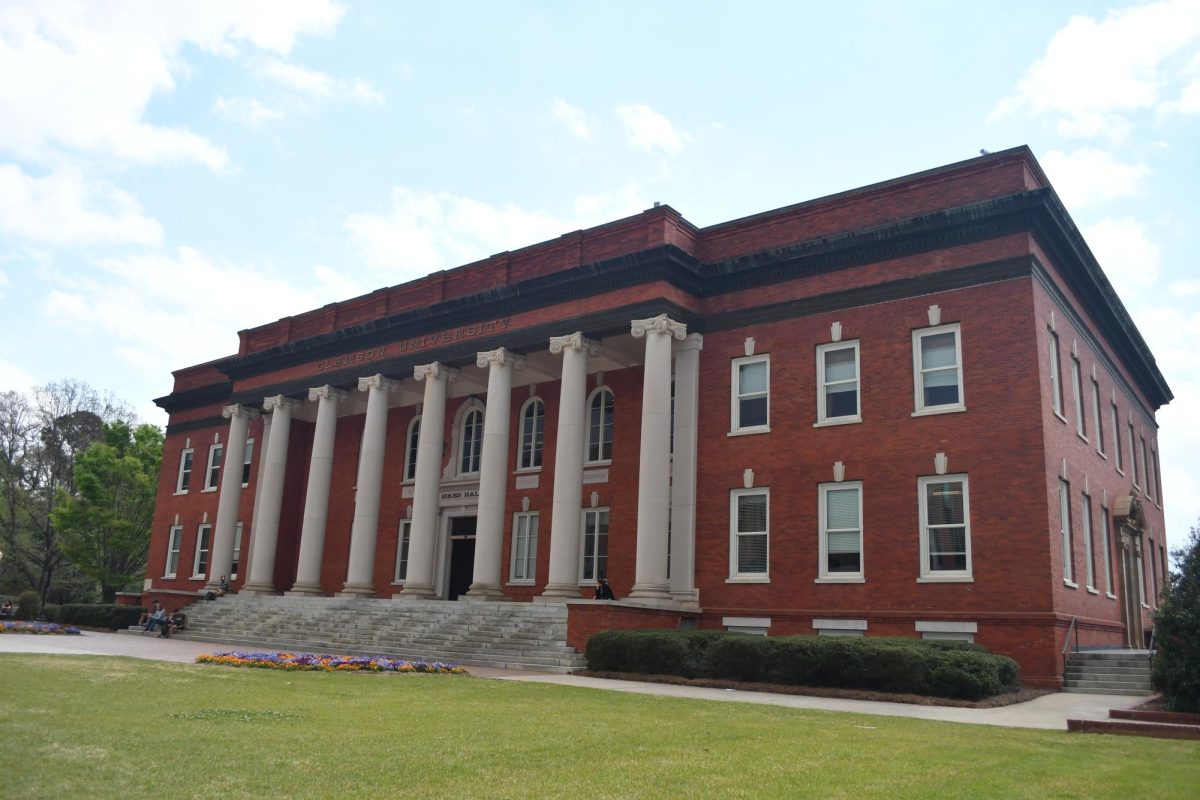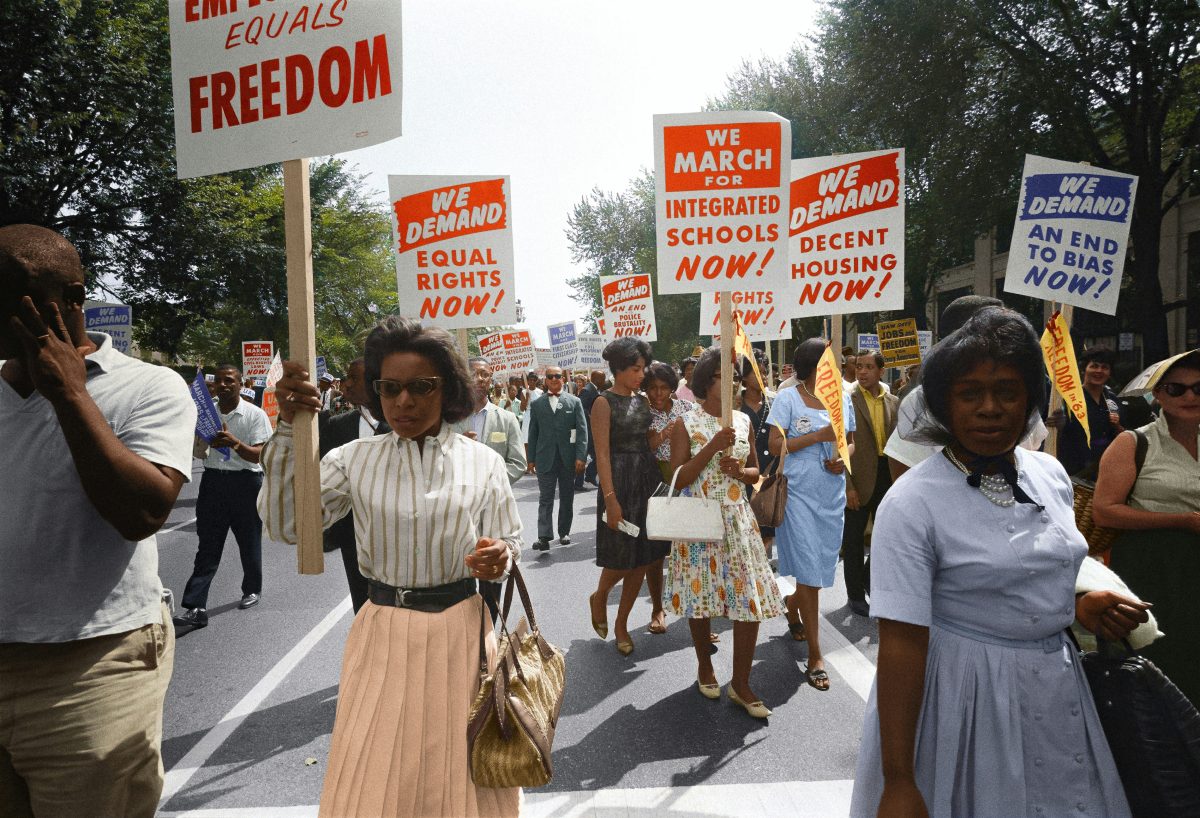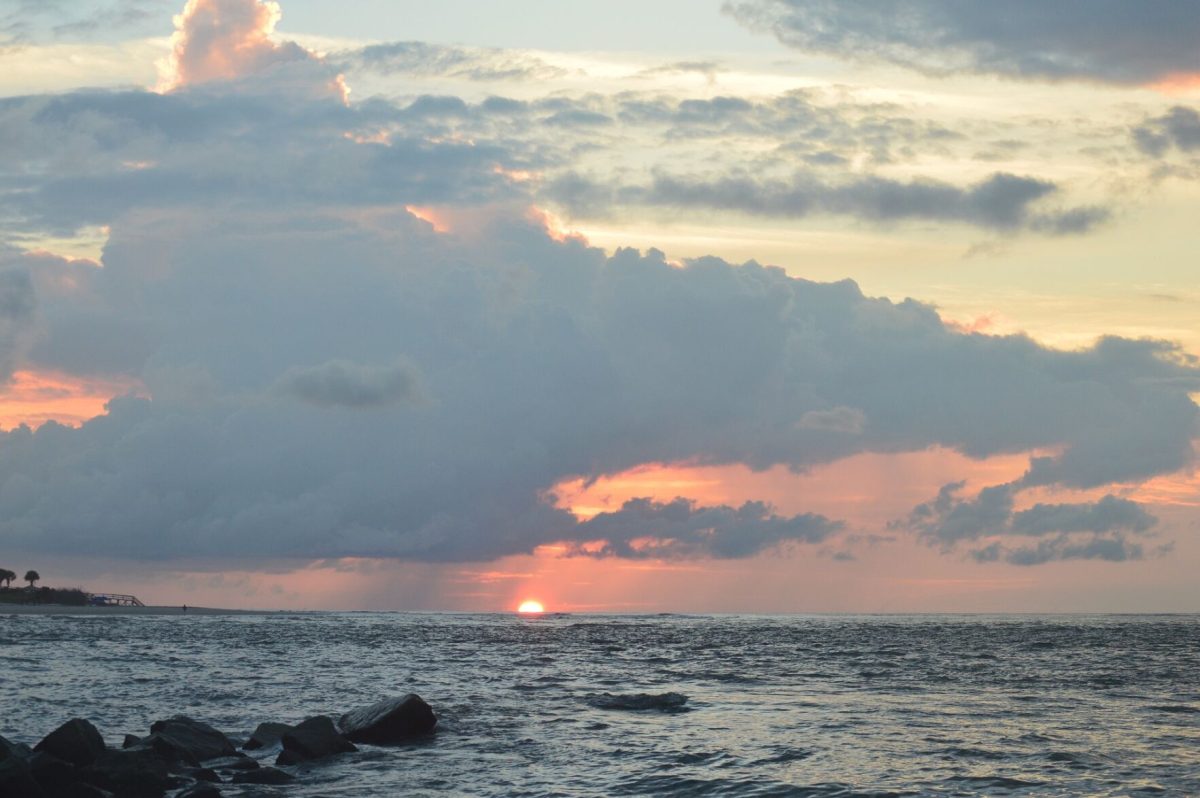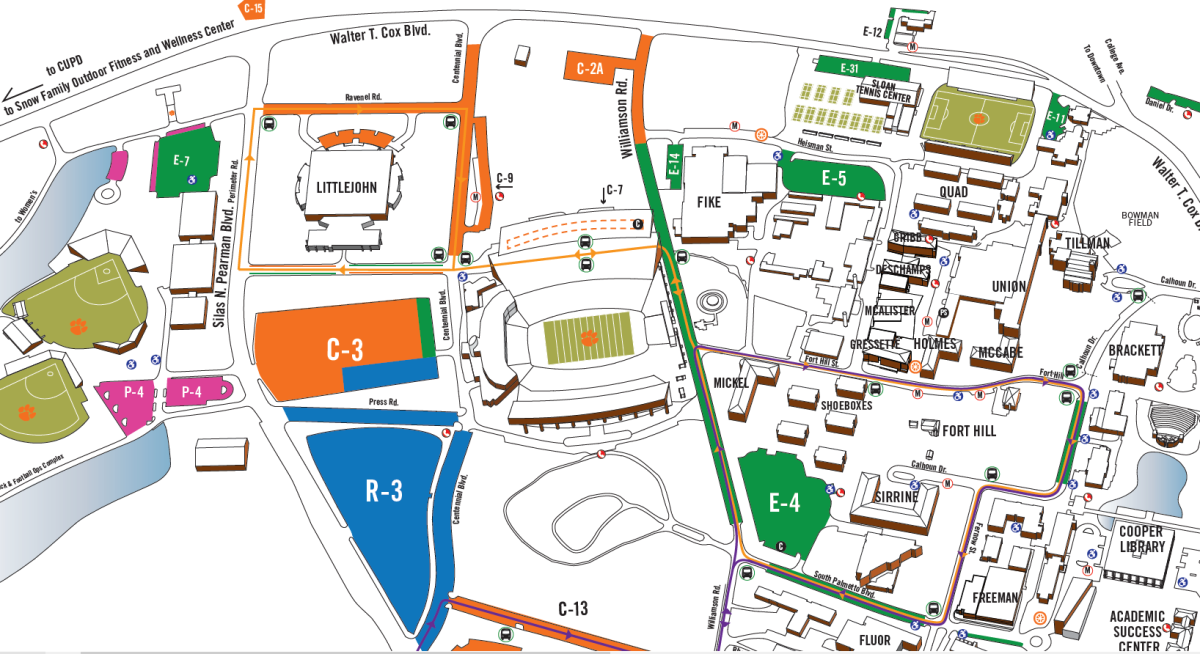I am a dedicated modern liberal, yet I disagree strongly with the petition to remove the name of Calhoun from the Clemson Honors College. We do absolutely nothing to improve diversity and inclusiveness in the present by trying to forget or reshape the past.
I lived for some seven years in Rabun County, Georgia, just over the S.C.-Ga. border from Oconee County. I discovered that the residents there carefully avoided using any Native American names for their towns, rivers and so on.
For what reason? Because they were embarrassed about their past. They were ashamed that their ancestors had driven out the Cherokee so that their prospecting relatives could dig for gold.
Look: humans are fallible. The history of almost every major nation is replete with stories of horror and inhumanity. (I know a bit about this, as I’m a dual British-American citizen. We spent a couple of hundred years pretending that half the world belonged to us.)
We were the ones who wiped out whole tribes of Native Americans with arms and disease in our zeal to provide the folks back home with raw materials for our burgeoning trade and industry. We were the ones who brought over millions of slaves to populate the plantations.
Today, we surely wish we had behaved better. We do what we can to make amends. Sometimes, we don’t do as much as we could be doing, but folks aren’t perfect. Life is about progress, not constantly living in the past.
The one important lesson that we learned is that you don’t change the past by hiding it. As painful as it may be, you embrace it. You tell your children about it, you hold it up, you examine it and you remember it. You do this to ensure it never happens again. Then, you focus your attention on improving inclusivity now, in the present.
One of the single greatest humanitarian gestures in recent history was the South African Truth and Reconciliation Commission.
Foul, terrible and awful atrocities were committed on either side of the black-white divide during the years of Apartheid in South Africa. Yet, when Nelson Mandela became president, it was the fervent wish of good people on both sides to find a peaceful and loving way to heal the wounds.
I spoke to a lawyer in Rabun County whose family were one of the recipients of land in that county when the Cherokee left.
“Why?” I asked him. “Why don’t you reach out to the remaining Cherokee and ask for forgiveness? Together, create memory of what happened. Create physical, immediate recognition of the ways everyone has changed for the better. At least start by naming towns and rivers with Native American names.”
Why don’t we at Clemson pay attention to that nearby example? Take a lead from South Africa and acknowledge the history of Clemson. Acknowledge the fact that it developed on the former plantation of John Calhoun and testify to the wrongs that were committed by people of all political persuasion allowing slavery to continue for so long. By admitting as much, by recognizing and testifying, pay homage to what happened and remind ourselves that we never want anything like this to happen again.
I would far prefer we keep the name of the plantation on which this university was founded. We should take the time to put together appropriate displays, both physical and online, to remind ourselves of what happened and what we believe now. And, in the name of what happened and where we come from, devote ourselves to making Clemson a beacon of inclusion and diversity right now, in the present.
To me, that is the better way forward. Rather than this sterile, knee-jerk pretense that a rather hateful gesture somehow can contribute to a feeling of contrition and renewal.
Besides, where exactly does this all end? Do we now remove from every history class the name of every Founding Father who ever owned slaves?
As a modern liberal, you will find no-one more dedicated to diversity and inclusiveness than me. Just recently, I was honored by having my script chosen, among others, for the 2019 MLK Tunnel of Oppression.
But, as with all that I do, my way forward is always informed by and with love and care and devotion to what can unite us. It is never littered with anything that hints at fury or hate or division. We simply cannot speak the language of inclusiveness at Clemson with a gesture that can only divide.














